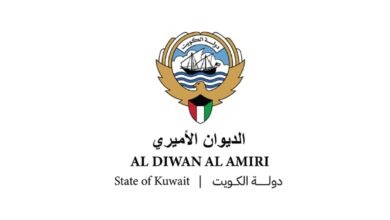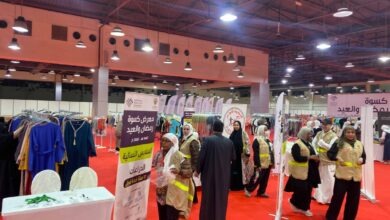Kuwait engages civil society in reviewing UN human rights recommendations

Kuwait’s Assistant Foreign Minister for Human Rights Affairs, Ambassador Sheikha Jawaher Al-Duaij, emphasized the critical role of civil society in shaping the country’s response to human rights recommendations under the Universal Periodic Review (UPR) mechanism of the UN Human Rights Council.
Speaking to the Kuwait News Agency (KUNA), Sheikha Jawaher affirmed that meaningful consultation with civil society is essential to ensure a balanced and inclusive approach to human rights development.
The Ministry of Foreign Affairs’ Human Rights Department, which leads the National Committee for Preparing Reports and Responding to International Recommendations, hosted a meeting with civil society institutions to discuss the 290 recommendations Kuwait received from 115 countries.
Sheikha Jawaher stressed that this collaboration underscores Kuwait’s commitment to national dialogue, where civil society represents citizens from all segments of society and plays a key role in national development.
She elaborated that the recommendations touch on vital issues such as women’s rights, child protection, the integration of persons with disabilities, workers’ rights, freedom of expression, and accession to international agreements not yet ratified by Kuwait. Each recommendation will be evaluated for adoption based on its compatibility with the Kuwaiti Constitution, Islamic Sharia, and national customs and traditions.
The upcoming report will be submitted during the 60th session of the UN Human Rights Council in Geneva in September. The process, according to Sheikha Jawaher, aims to ensure transparency and national ownership of the recommendations Kuwait chooses to adopt or reject.
Other participants also highlighted the importance of this initiative. Dr. Jassim Al-Kandari, Assistant Undersecretary at the Ministry of Social Affairs, confirmed that these efforts reflect Kuwait’s ongoing commitment to its voluntary international obligations. Meanwhile, civil society leaders such as Khaled Al-Jadaan and Dr. Balqis Al-Najjar emphasized the significance of community involvement in aligning international human rights standards with Kuwait’s legal and cultural framework.













